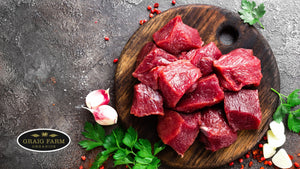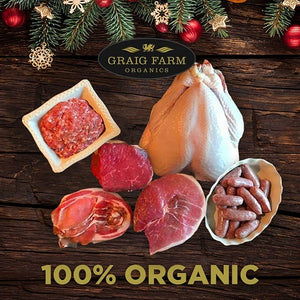Keeping Garden Chickens, A beginners guide

Imagine eating a soft boiled egg with a beautiful dark golden yolk and knowing exactly where it came from, what went into producing it and how old it is. That is the beauty of keeping a few chickens in the garden. Indeed, keeping chickens can have multiple benefits, for example, if chickens are given free range at times; they will help eliminate many garden pests including slugs and snails, a bonus for any gardener.
Chickens also make wonderful pets for children. Some of the more docile breeds love to be handled and petted and can instil a sense of responsibility in kids. According to the Pet Food Manufacturers’ Association, chickens are the UK’s sixth most popular pet.
 Chickens can instil a sense of responsibility in children.[/caption]
Chickens can instil a sense of responsibility in children.[/caption]
Here is a short guide introducing you to the delights of keeping chickens in your garden.
What breed of chicken is right for you?
There are many varieties to choose from and it depends on whether you want an ‘egg factory’ or a feathered part of the family that still gives you many eggs over the season. If you choose the former, there are lots of hybrid poultry which are commercially bred for egg production, some laying over 300 eggs a year. They are usually developed from pure bred stock taking the higher egg producing genes from both parents. The Black Rock is a good beginner breed in this category as they are extremely docile and friendly and will give you about 220 eggs a year.
The perfect breed for a child would be the Silkie, a small breed that almost looks furry. They produce small eggs, about 120 a year and love being handled, becoming extremely tame over time.
 A 'Silkie' getting pampered.[/caption]
A 'Silkie' getting pampered.[/caption]
What is the best age to buy my chickens?
The best age to buy your first chickens is at 18 weeks old. At that age they are just two or three weeks away from laying their first egg, enough time for them to settle into their routines.
Check the health of the birds before purchase:
- Are they attentive and watchful, not hunched over or drowsy?
- Are their feathers smooth with a nice sheen?
- Do their legs look healthy without any of the leg scales raised?
- Are their eyes and nose free from discharge?
- Is their breathing clear without noise?
How do I house my chickens?
There are many different sizes and shapes of chicken coops available, some looking like wooden palaces. But, however they look, the dimensions must be correct for the health of your birds. Each chicken needs at least 30 square centimetres of floor space and 30-40cm of perch and the larger the breed, the more space it needs. Any runs attached to the coop should give your chickens plenty of space to move around in and be able to separate itself from its companions when needed.
 A very quirky chicken coop.[/caption]
A very quirky chicken coop.[/caption]
How do I feed my chickens?
There is commercially available chicken food easily available that is suitable for all stages of life. It contains all the nutrients and minerals needed and the food for your 18 week old chickens includes enough protein and calcium which is essential for egg production. Always make sure there is a bowl of grit available as birds need this to help digest their food and plenty of fresh water. If your chickens do not free range then they should have lots of ‘greens’ available to them like cabbage, broccoli, weeds and grass.
Chickens are far more than egg machines, they interact with their human family and each has a distinct personality. There is nothing nicer after eating your soft boiled egg than to sit out in the garden listening to the clucking of your hens and feeling all the stress of your world slip away.
Here at Graig Farm Organics, we love it when we hear customers are adopting self sufficient, organic practices. As one of the UK's leading organic food providers we understand that high quality and organically produced food is vital not only to great tasting food, but also our health. Visit our site today to view our Organic Produce.
- Tags: Chicken On The Farm
- Graig Farm





